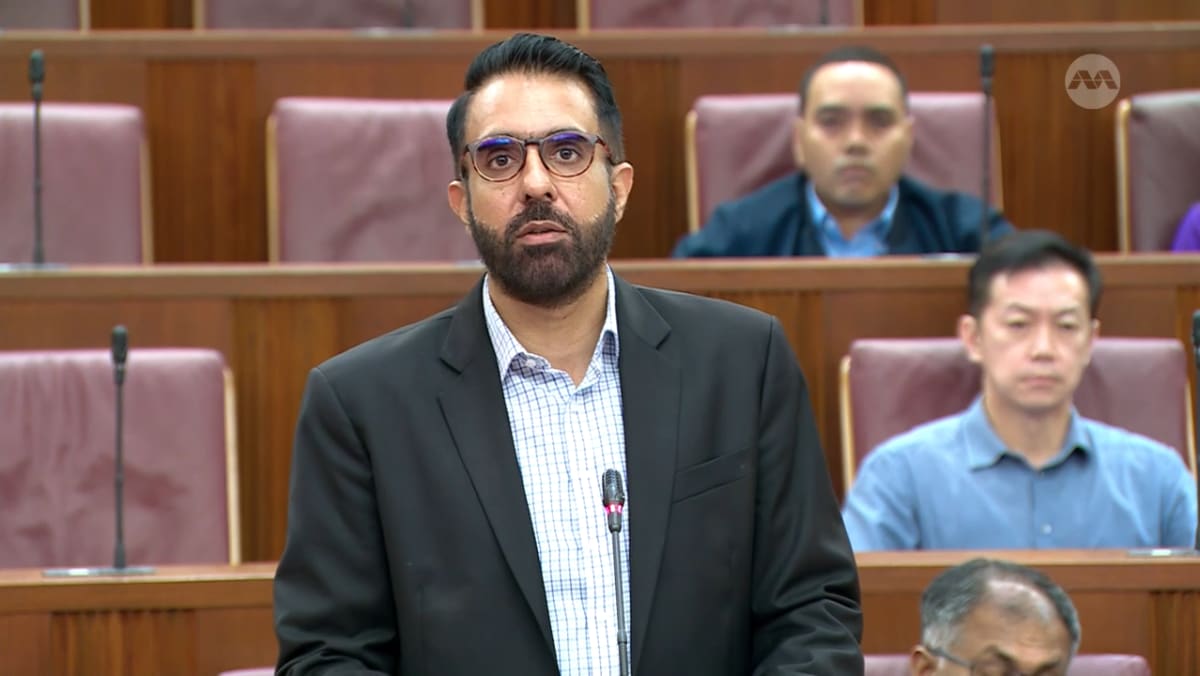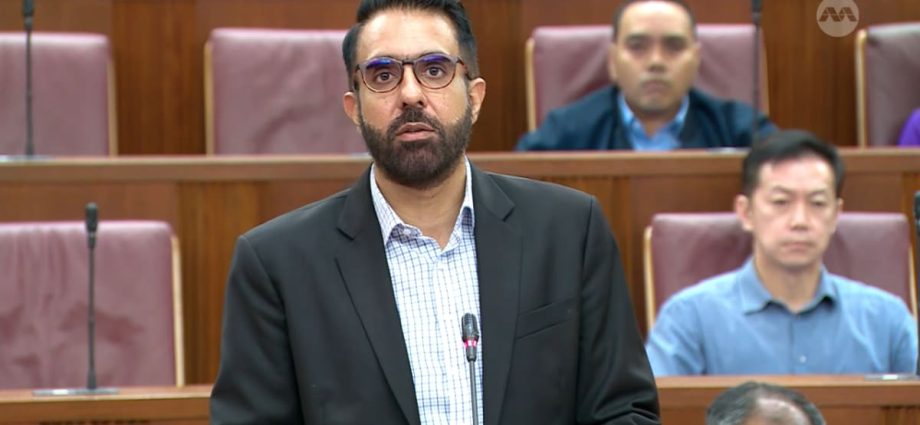
The S$4,000 top-up can be used for certain training courses such as part-time or full-time diploma programmes and courses in the Progressive Wage Model sectors.
“The Workers’ Party sees the deployment of SkillsFuture credits towards economically productive courses with employment outcomes as an important policy initiative of this Budget.
“But we believe that many of the courses are likely to cost more than S$4,000. To further facilitate skills training and help Singaporean workers, the government should introduce an interest-free SkillsFuture education loan,” said Mr Singh, noting that this proposal was “front and centre” of the party’s manifesto for the 2020 General Elections.
These loans can be calibrated toward courses in high-growth industries that lack local manpower or in other economically important areas, he said.
The government’s moves to invest more in the future are important and critical, but more can be done, he added.
“The Workers’ Party foresees a need for even greater investments in our human capital in future, especially in view of how rapidly the workplace landscape is changing.”
Steps must be taken to address the widening gap between what Singaporeans aspire toward and the reality they face, Mr Singh said.
He noted that the Forward Singapore report called on Singaporeans to broaden their definition of success beyond the Singapore dream of the past.
“Surely that is an admission, perhaps unintended, that a fair number of the 5Cs are unattainable for most Singaporeans today,” he said referring to cash, car, credit card, condominium and country card membership.
“But I will go further. The reality is that things are very difficult for not a small number of Singaporeans today, regardless of what definition of success one deploys.”
He pointed to the findings of an OCBC survey that said 23 per cent of Singaporeans can only afford their basic needs, and 79 per cent do not have a retirement plan or are not on track with their retirement plan.
“If the sentiments captured in this survey are anything to go by, there is a likelihood that the social compact may be precarious and uneven, particularly if the middle of society feels insecure about their financial future,” he said.
MORE TRANSPARENCY
Mr Singh also called on the government to be more transparent and forthcoming with information so that Singaporeans can participate meaningfully in critical matters.
“This is a recurring theme in my speeches, but I am by no means the only Singaporean to hold this view,” he said.
He pointed to a news report where private sector economists expressed concern about the combination of large cash handouts with a lack of information about the sources of Singapore’s fiscal strength.
Earlier this month, Mr Singh said the government should be more open about Singapore’s reserves and reveal figures to facilitate “mature conversations”.

